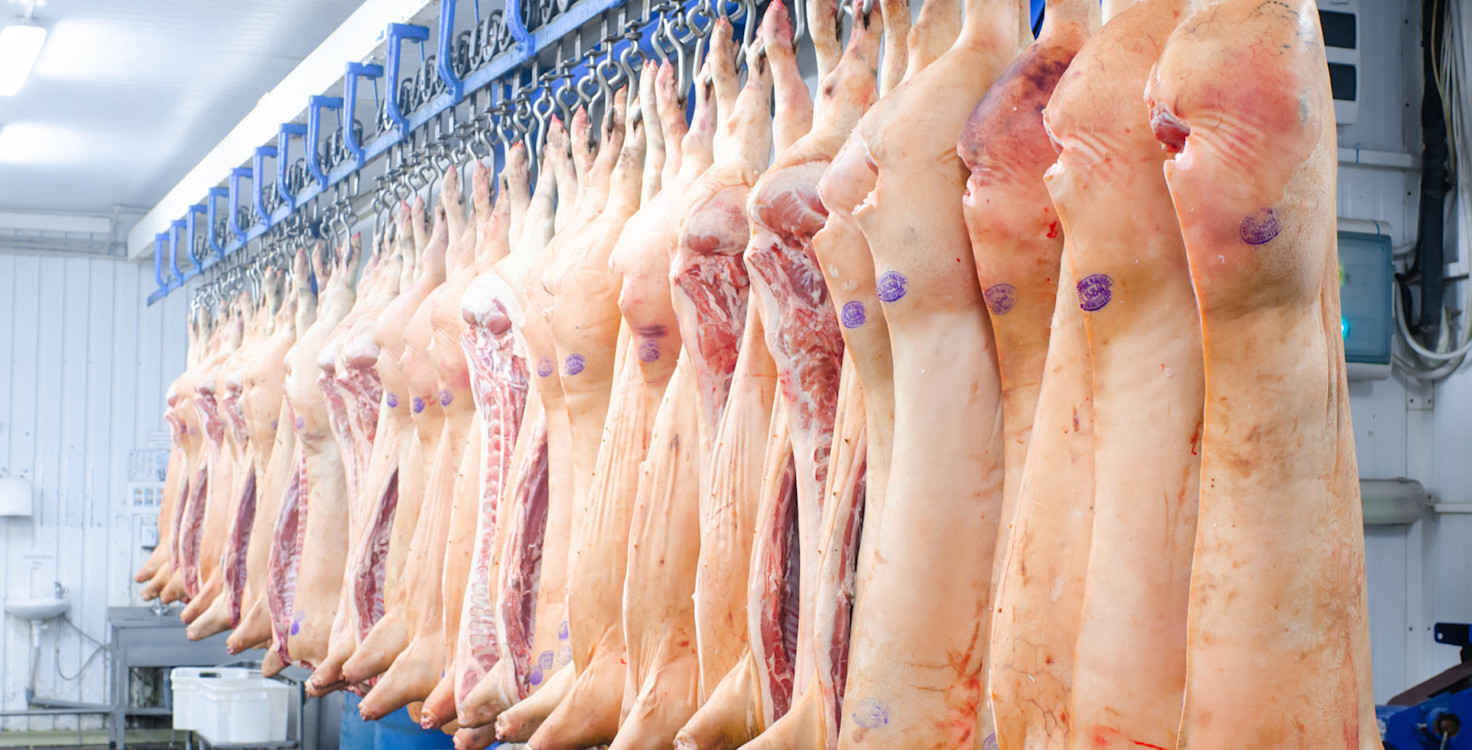In response to President Trump’s reported plan to label meat processing plants in the US as critical infrastructure, Jeremy Coller, founder of the $20 trillion supported FAIRR investor network and Chief Investment Officer at Coller Capital, said:
“President Trump’s decisions to label US meat-processing plants as critical infrastructure is a historic mistake that is sowing the seeds for future pandemics.
The large, closed, confined spaces of factory farms and meat processing facilities are fertile breeding grounds for the emergence of zoonotic diseases such as coronavirus – affecting both animals and food system workers. Yet instead of taking this opportunity to tackle that problem at source, and foster change in the animal agriculture sector, the President’s decision offers nothing more than a band-aid for the US food supply chain. It is a sugar rush for an industry that asset managers are increasingly seeing as stranded in the wake of COVID-19.
Investors, led by the $20 trillion FAIRR network, have already been putting the US meat sector under severe pressure due to its unsustainable water, land and climate footprint, and for its failure to reduce antibiotic use. The rapid emergence of antibiotic resistance superbugs around the world is widely discussed as the most predictable next pandemic. These problems were already seeing consumers and investors shift away from the sector in historic numbers, with more sustainable options such as plant-based proteins eating away at growth and margins.
The fact that the meat industry’s failure to provide its own ‘critical infrastructure’ in its facilities has led to hundreds of COVID infections and even deaths is deplorable. Let’s be clear– a meat shortage does not equal a food shortage. We need to keep workers and their families and communities healthy and safe to stop the spread of this horrible pandemic. We cannot label an industry as ‘essential infrastructure’ if its own internal foundations are not strong enough to support that claim.”
